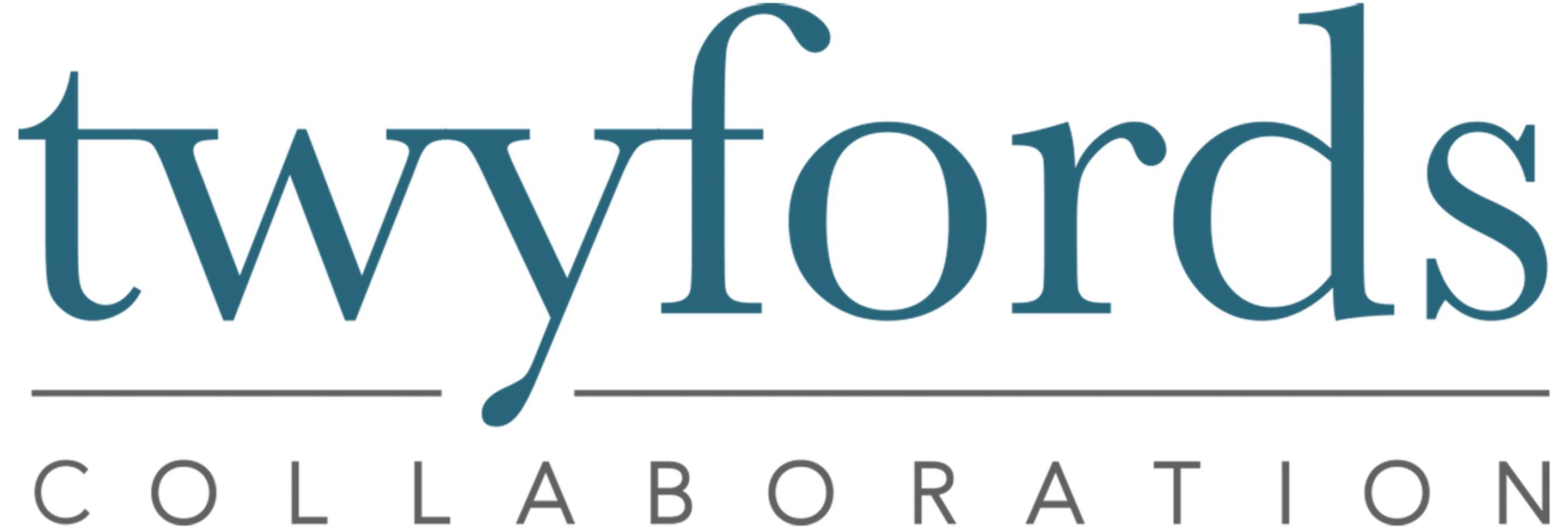Collaborative workspaces are all the rage at the moment. Client organisations are looking for them and commercial developers and interior designers are providing them at speed. But moving offices can be stressful and disruptive to work lives.
We hear about a ‘roam and work’ ethic which involves removing cellular offices and making dedicated desks a thing of the past. We read about desks, booths and lounges arranged into ’village’ formations, tree beds designed into floors, corridors mimicking city footpaths and hanging plants providing a sense of outdoors.
I wonder how the occupants of these new offices, specifically designed for collaboration, will adapt to these new environments. I have heard from colleagues and clients that, for those used to having their own space, their own desk and a place they ‘belong’, the idea of ‘roaming and working’, sitting at a different desk every day and not being able to personalise their space with photos and nic-nacs may be quite confronting. As I heard from a client facing workplace disruption yesterday, “even though we brought people along every step of the way in designing new processes, now they have to work differently our people tend to revert to their familiar, comfortable way of relating to others, telling rather than listening, taking orders rather than taking accountability. Can you help us?”.
One client is watching a new building going up across the street that will house four different government functions. The aim is for the staff of these four departments to use the new layout to work better together. The planners and designers are creating new spaces to support collaboration because this is in their brief. Simultaneously with the space planning, workers in these new collaborative spaces need the opportunity to rethink the way they will do their work in this new environment. Giving staff an opportunity to get their ‘fingerprints’ on both the new environment and a new way of working before the move is important to them understanding and achieving the desired outcomes.
Twyfords has developed some Golden Rules for Thriving in Workplace Disruption. One of those is to avoid the success fantasy. In the office scenario I’m writing about, this success fantasy might play out as “Once the challenge of the move is over, everyone will settle down into a new and more collaborative way of working together.”
We suggest that:
- sharing expectations for new ways of working across functional boundaries in the new spaces …. because this creates ownership …
- paying attention to feelings and relationships … because this affects behaviour …
- having time to try and test new ways of working before and after the move … because this builds confidence …
can make a difference.
If you’d like any advice or ideas about how to set functional teams up for success in any new collaborative way of working … give Twyfords a call.
